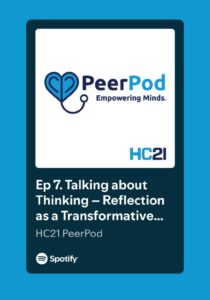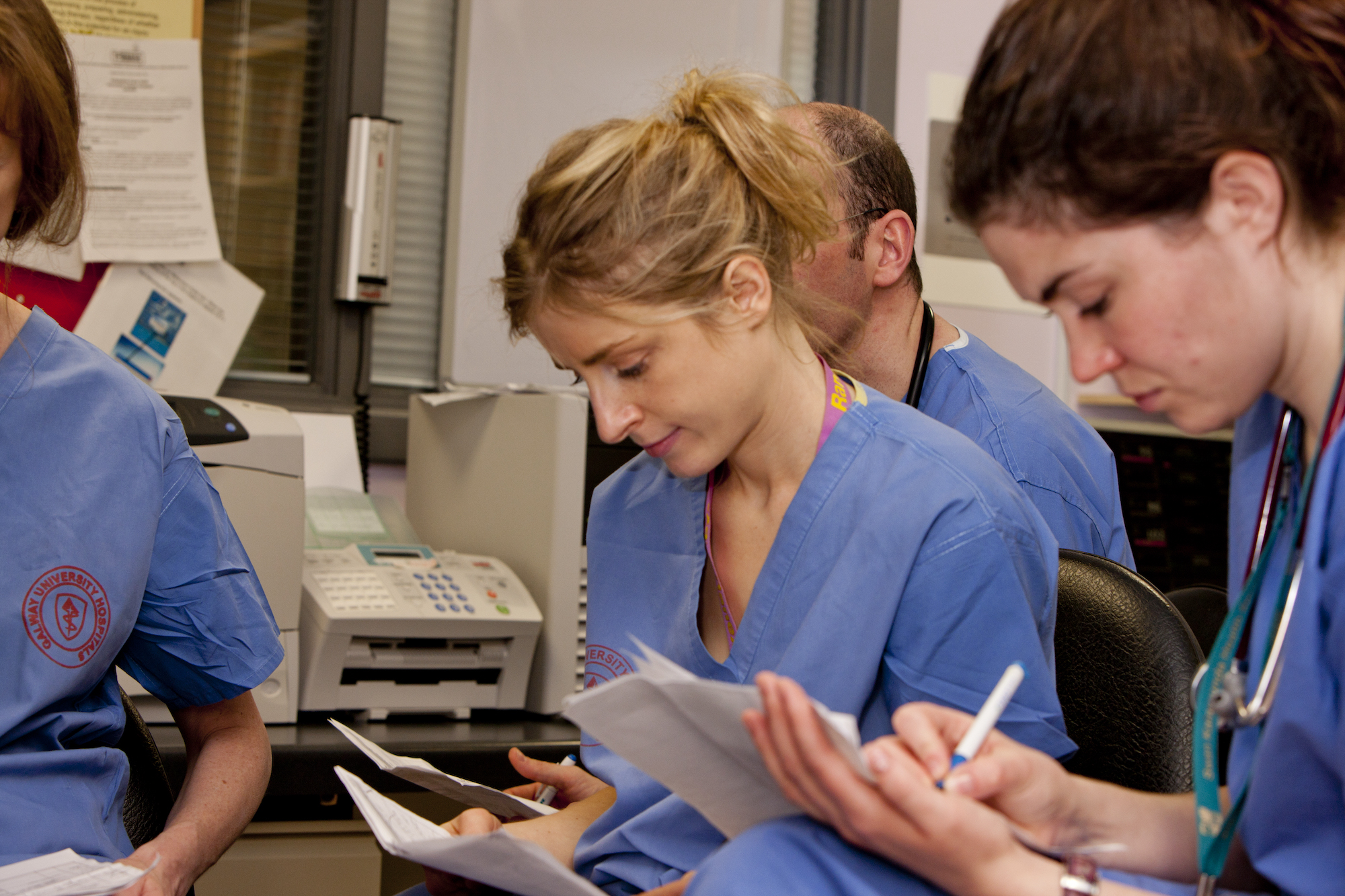Reflective Practice
Reflective practice for anaesthesiologists is valuable for enhancing clinical skills and has been shown to improve patient outcomes. By engaging in regular reflection, we can evaluate our decision-making processes, identify areas for improvement, and adapt our approaches to complex clinical scenarios.
This practice fosters a culture of continuous learning and self-awareness, enabling us to better manage stress and reduce error rates.
Regular debriefing sessions, case reviews, and peer discussions are effective methods for reflection, promoting collaboration and shared learning.
Ultimately, reflective practice enhances both individual competency and team dynamics in high-stakes environments, leading to improved patient care and safety.
CAI is committed to training the skills of reflection and critical thinking. Three training courses and a workshop have been held so far this year, with an online course being developed to be available in the Spring of 2025.
In addition, the CAI Reflective Practice Core Group has created a podcast “Talking about Thinking – Reflection as a Transformative Practice” on reflective practice, in association with Peerpod HC21 and available on Spotify. Read more about the podcast here:
“Talking about Thinking – Reflection as a Transformative Practice” is a podcast that “explores the topic of reflective practice, takes a deep dive into the research behind it, considers what it means to critically reflect and evaluates how reflection can contributes to the personal and professional lives of healthcare workers”
A reflection can be many things. We can see a reflection in a mirror or in a puddle of water, and we can think about an experience and ponder what happened and why. On the other hand, sceptics might argue that what you see is whatever you are looking for.
How can one make sense of events that occur in the course of our working day as anaesthetists?
How can we put our natural biases to one side and deconstruct an event so that we can learn stuff about ourselves and how we approach and deal with situations?
And how can we improve our personal awareness of ourselves – and our practice – as a result?
In “Harry Potter” Dumbledore uses a “pensive” that he describes as: “One simply siphons the excess thoughts from one’s mind, pours them into the basin, and examines them at one’s leisure. It becomes easier to spot patterns and links, you understand, when they are in this form.”
Reflection in action is the thought that we take whilst involved a situation, during which we become aware of what we are thinking, feeling and doing, and reflection on action takes place sometime later, when we consider the events that took place, and recall what we were thinking, feeling and doing (Schön).
Hear more about reflection and how it can help you and your practice in “Talking about Thinking”, a podcast created by CAI on Peerpod HC21:
Reflective Practice Core Group
Core group members
- Dr Padraig O’Scanaill
- Prof Richard Blum
- Dr Brian McCloskey
- Dr Don Walsh
- Dr Therese O’Connor
- Dr Mairead Hennessy
- Prof Audrey Dunn Galvin
- Dr Niamh Feely
- Mr Martin McCormack
- Prof George Shorten
The World Health Organisation defines health as: a state of complete physical, mental and social well-being, and not merely the absence of disease or infirmity. (https://www.who.int/about/who-we-are/constitution accessed 31.5.2021)
Physician wellness (well-being) is defined by quality of life, which includes the absence of ill-being and the presence of positive physical, mental, social, and integrated well-being experienced in connection with activities and environments that allow physicians to develop their full potentials across personal and work-life domains. (Acad Psychiatry (2018) 42:94–108)

